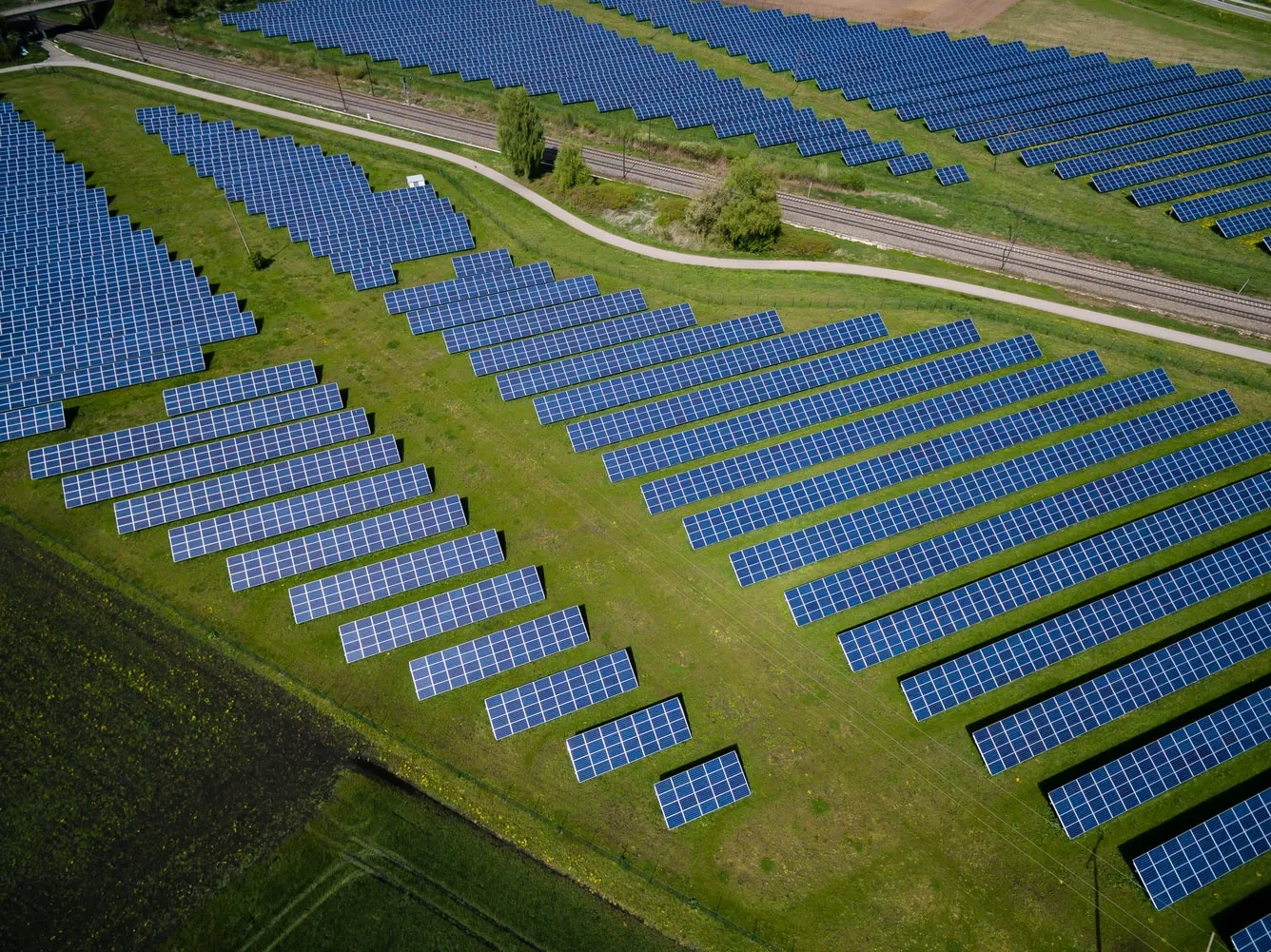The EU’s Transport, Telecommunications and Energy (TTE) Council reached an agreement on the 11th of June on a general approach for the TEN-E revision. The TEN-E Regulation is to be updated this year to reflect the EU’s increased climate ambition and facilitate emissions reductions in hard-to-abate sectors. The TEN-E aims to connect regions that are isolated from European energy markets by strengthening cross-border interconnection and cooperation with partner countries. The TEN-E regulation defines rules in relation to Projects of Common Interest (PCI).
The TEN-E revision identifies 11 priority corridors and 3 priority thematic areas to develop and interconnect through PCIs, financed by the Connecting Europe Facility for 2021-2027. The infrastructure categories eligible for support will be updated in the revision to focus on decarbonisation with offshore electricity grids, hydrogen infrastructure, and smart grids to be included. The Council agreed on simplifying and accelerating the permitting and authorisation procedures, this will help deliver cross-border infrastructure in a timely fashion.
The TTE Council decided to end support for new natural gas and oil projects. A transition period is to last until 31 December 2029, during which dedicated hydrogen assets converted from natural gas can be used to transport or store a pre-defined blend of hydrogen with natural gas or biomethane. By the end of this transition period selected projects will need to demonstrate how they will be exclusively hydrogen assets and no longer natural gas assets. EU funding for projects converting pipelines to run on hydrogen only will stop by the end of 2027.
Sustainability criteria will be mandatory for all types of energy infrastructure categories and projects. The scope of the TEN-E will cover electrolysers that have a capacity of at least 100 MW and contribute to sustainability. The production of hydrogen from these electrolysers shall comply with a life cycle greenhouse gas emissions savings requirement of 70% relative to a fossil fuel comparator of 94g CO2e/MJ.
The Council will negotiate with the European Parliament to agree on the final revisions to the legislation.

